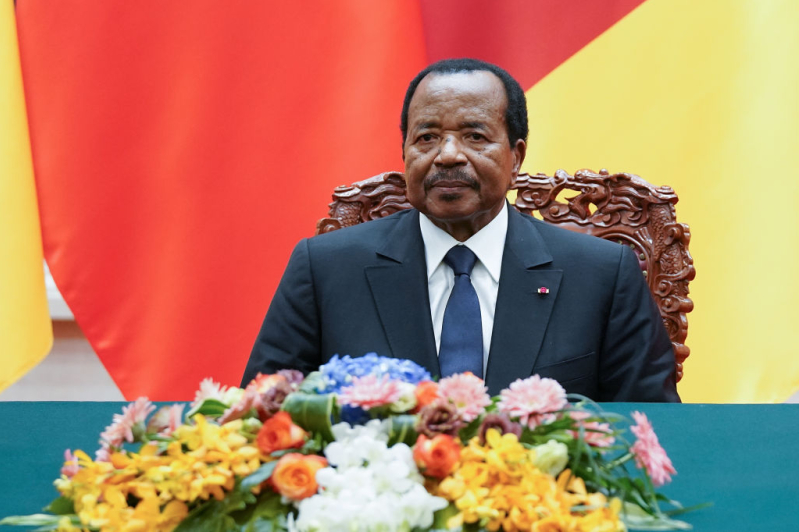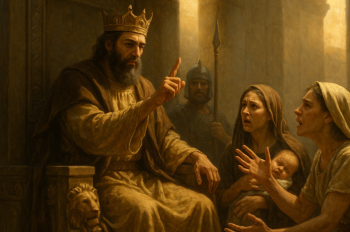
As Cameroonians prepare to head to the polls on Sunday (Oct. 12) for a high-stakes presidential election, the nation’s evangelical leaders have issued an urgent appeal for peace, integrity, and God-fearing leadership in a country strained by decades of political tension and multiple armed conflicts.
In a statement released Wednesday (Oct. 8), the Alliance des Evangélique du Cameroun (Evangelical Alliance of Cameroon, AEC)—which represents nearly seven million believers nationwide—called on citizens to “stand up for democratic and moral values” at what it described as “a pivotal moment of democratic mobilization.” The group urged voters to choose a president who governs with justice, unity, and “the fear of God,” reminding the nation that “all authority comes from God, and the governing authority is a servant of God, established to administer justice according to His will,” quoting from Romans 13:1.
The statement, co-signed by Rev. Dr. Teyabe Alphonse, AEC Secretary General, and Rev. Dr. Jean Libom Li Likeng, President of AEC as well as the Association of Evangelicals in Africa, outlined qualities expected of the next president.
“The President of the Republic must be a peacemaker and a unifier of all citizens, regardless of political affiliation, religion, ethnicity, or socio-cultural background,” the declaration stated. “He must show a genuine commitment to restoring national unity and engage with fellow Africans in a spirit of pan-Africanism.”
The appeal comes as President Paul Biya, 92, who has led Cameroon since 1982, seeks another seven-year term. His decision to run has drawn contrasting reactions among church leaders and citizens.
In an open letter published in July, Father Paul Ajong, a Cameroonian priest serving in the United States, said Biya’s continued rule “insults our intelligence” and accused his government of “ruling through fear and repression.”
Human rights observers have previously raised concerns about governance and political freedoms in the country. The Constitutional Council upheld its decision to bar opposition leader Maurice Kamto from contesting the election. The decision follows earlier disputes over candidate eligibility and long-standing tensions between the government and opposition. The AEC’s call for moral leadership and an end to corruption comes against a backdrop of international concern over governance in Cameroon. Transparency International’s Corruption Perception Index ranks Cameroon at 140 out of 180 countries, listing low scores and persistent weaknesses in public-sector transparency and accountability.
Cameroon also continues to grapple with overlapping crises that have deepened ethnic and political divisions both on the ground and online. The most serious is the conflict between government forces and separatists in the English-speaking Northwest and Southwest regions, which began in 2017 and has killed more than 6,500 people. The fighting has displaced about 584,000 people internally and forced an estimated 73,000 refugees to flee to neighboring Nigeria. The country is also battling a renewed jihadist insurgency in the Far North linked to Boko Haram, which has reportedly killed more than 3,000 people, displaced around 250,000, and prompted the rise of local vigilante groups.
Addressing a crowd in Maroua, Biya promised to step up security in the region, curb youth unemployment and improve roads and amenities if re-elected. “I am well aware of the problems that concern you, I know the unfulfilled expectations that make you doubt the future,” he said, according to reporting by the Associated Press. “Based on my own experience, I can assure you that these problems are not insurmountable.”
While avoiding partisan endorsement, the AEC urged citizens to vote responsibly and leaders to “restore reverence for God within political and administrative circles,” rejecting corruption, nepotism, and social division.
“The rise of Africa is the calling of this generation, as foretold in Isaiah 60:1–5,” the statement said. “As the nation prepares to choose its next leader, we pray that Cameroon will move forward in peace, integrity, and faith in God.”





